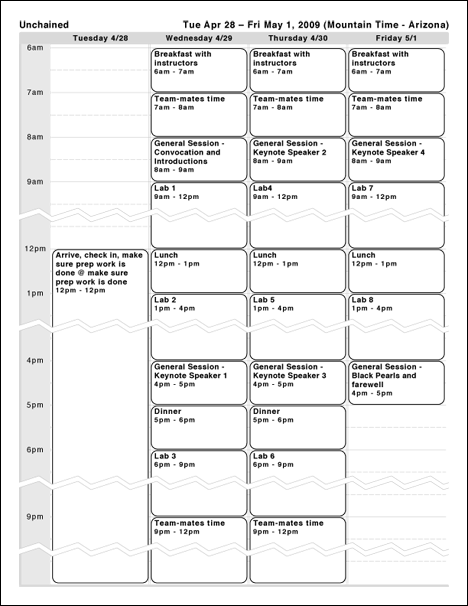Totally stunning email this morning from John Kalinowski of LiquidBlueRealty.com. John is a profile in courage, to my way of looking at things. He’s just launched a brand new brokerage. In this real estate market. In Cleveland. He’s being very sweet to the Bloodhounds in this note, but this is an amazing amount of work he has undertaken:
I finally had a minute to sit down and send you a note, to thank you for all the help you’ve provided me, even though you weren’t aware you were helping! I’ve been following your site for quite some time now, absorbing every little tidbit possible, and in the last two weeks left RE/MAX to start my own brokerage in the Cleveland Market, Liquid Blue Realty. I’m building the entire company around the custom sign idea, and so far the response has been incredible, to say the least!

I am eternally grateful to the Bloodhounds (and to Russell Shaw) for all the inspiration that has pushed me to make this move. I even built my own website, using WordPress and the Thesis template, even though I’ve never had a blog or built a site before. I probably wouldn’t know what WordPress was if I hadn’t started following your site.

Our signs are 24″x36″, just like yours, but are actually printed directly onto a sign material that is made of some sort of hard plastic with aluminum bonded to each side. Our printer owns what amounts to a giant inkjet printer that can basically print on anything that will fit inside (I’ve seen them print on a bedroom door!), and uses waterproof ink. They use the same process to print conventional signs for other agents, and the panels are about 1/8″ thick and weigh about 5 lbs, so these are serious signs.

Believe it or not, I create my sign files on a PC! I start with MS Publisher with a full-size 24×36 image, then print to a PDF using Acrobat Distiller at 300 DPI. I then jump between Adobe Illustrator and Photoshop to fix the CMYK values on the blue color, and to create the huge 350mb Read more

